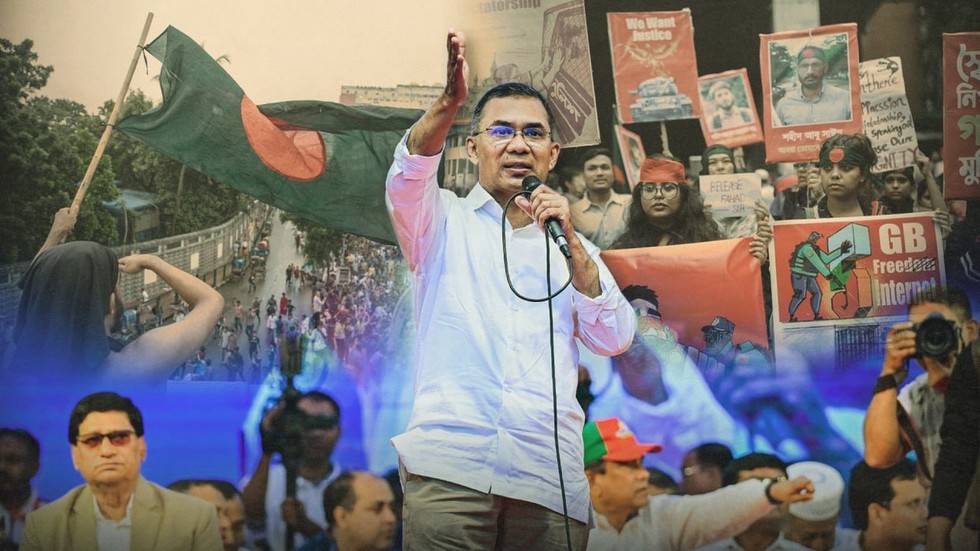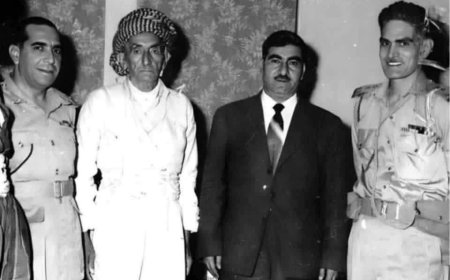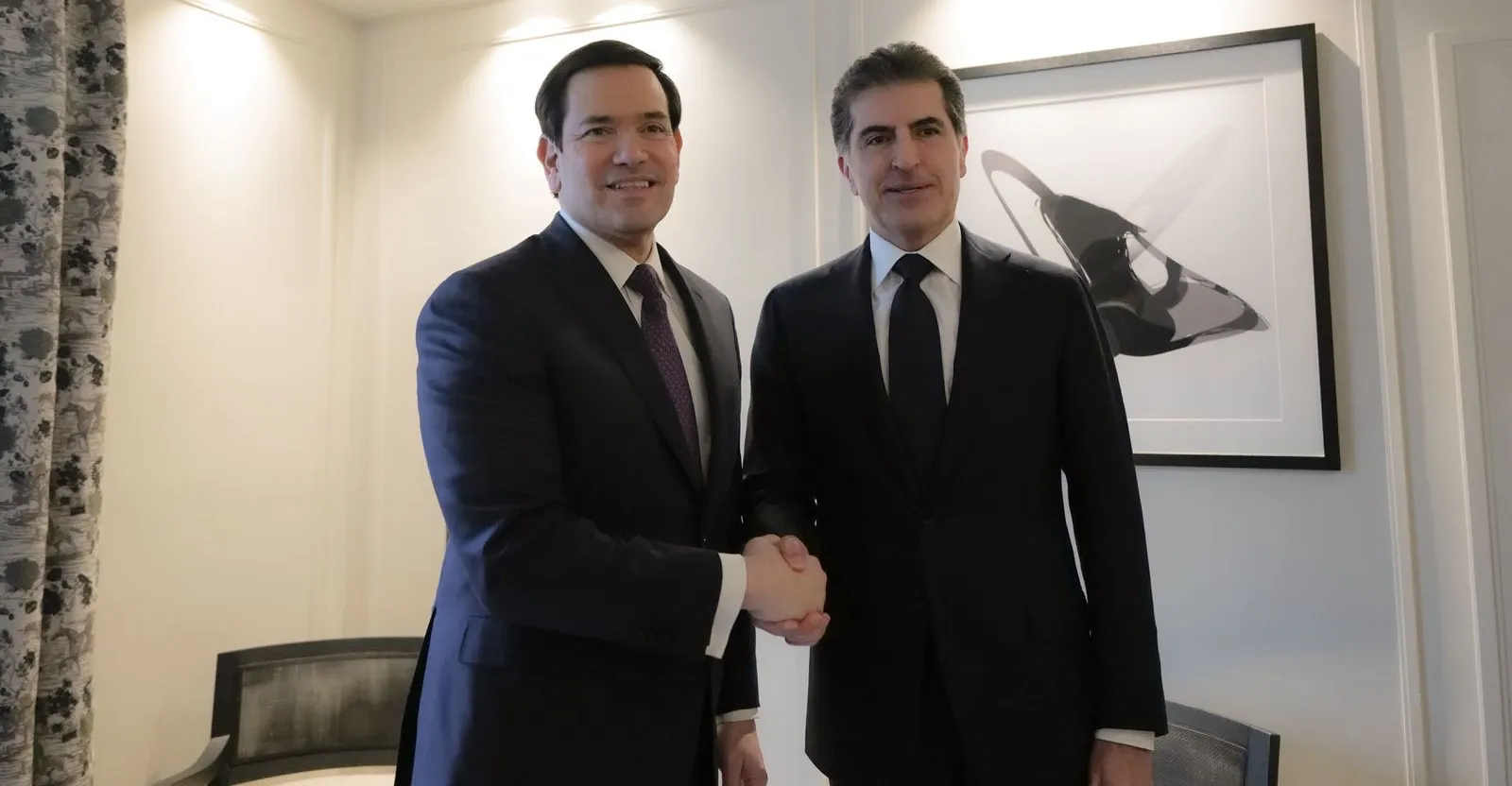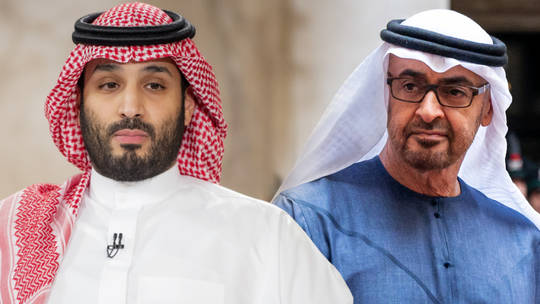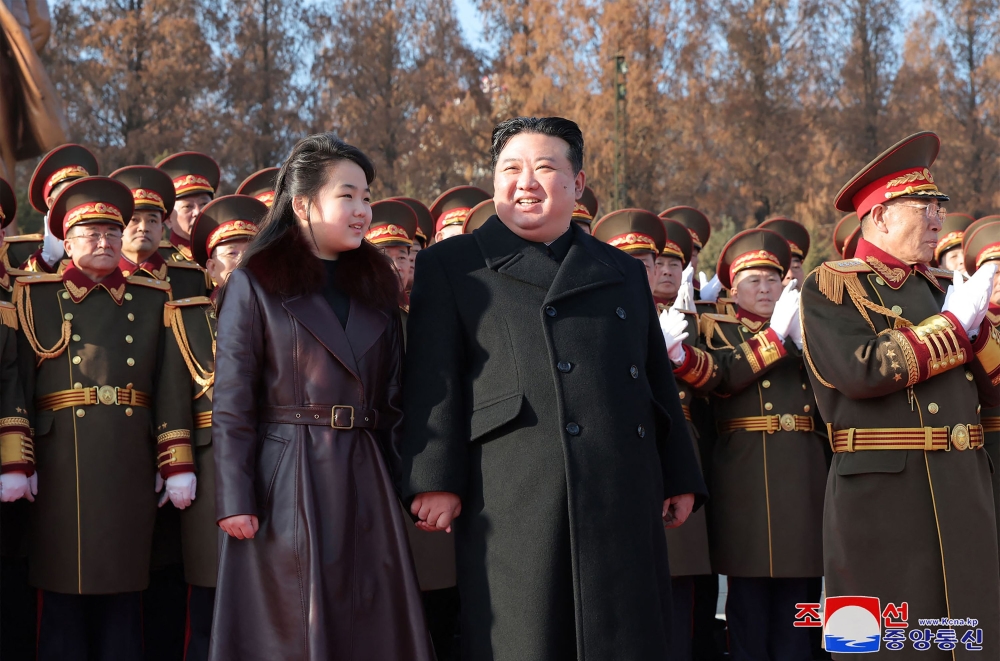Between Historical Accountability and the Demands of the Modern Era: Toward an Effective Iraqi Council of Representatives
Dr. Sirwan Abdulkarim Ali
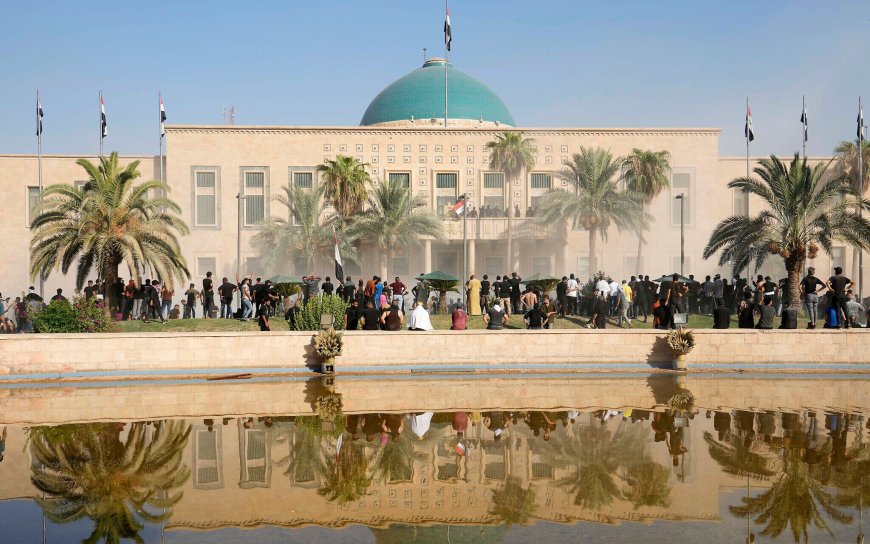
Congratulations are due to the Iraqi people on the success of their recent elections to the Council of Representatives. They were conducted in an atmosphere of calm and transparency, yeilding results accepted both nationally and internationally. Appreciation should also be extended to the Independent High Electoral Commission, which set a commendable example of professionalism and integrity. The Commission’s performance demonstrated that Iraq’s electoral system is capable of evolving and meeting democratic standards, particularly as this election was free of major challenges or fraud and constitute a remarkable achievement compared to previous cycles. This success marks not the end of the journey, but rather a significant step forward in building a democratic state grounded in transparency and accountability.
Yet this achievement places a greater responsibility on Iraq’s Sixth Council of Representatives, which now stands at a decisive crossroads, between restoring public confidence or losing it permanently. Parliamentary accountability today is no longer confined to traditional frameworks within the legislative chamber. Instead, it has expanded into the realm of real-time digital oversight, exercised by the media and social platforms that have become public arenas of scrutiny and at times, courts of public opinion.
Given alarming statistics such as the persistent absence of over 150 members and the “legislative silence” of more than 160 members in the previous term, it is no longer acceptable for parliamentary performance to remain opaque. These realities demand a comprehensive structural reform capable of restoring both the authority and credibility of Iraq’s legislative institution.
Members must understand that they are subject to a dual accountability: that of history and that of their contemporaries. Every vote, every absence, and every public statement is now permanently recorded in the digital archive of public memory. Considering that the financial cost of each Member of Parliament is estimated at nearly one million dollars per term, any failure to perform their duties constitutes a direct waste of public funds; funds that belong to the people and not to privilege.
Persistent negligence, absenteeism, or lack of legislative contribution should be viewed as a serious breach of duty and met with firm disciplinary action. Therefore, the Council must adopt a transparent evaluation system published regularly on its official website and showing each member’s rate of participation, attendance record, and engagement in legislative and oversight duties. Public trust will not be regained through speeches or slogans, but through documented accountability and visible reform.
Reforming parliamentary performance is not merely about enforcing discipline, it is about creating a stable and supportive work environment that enables MPs to perform effectively. An MP is not simply a speaker or voter, but a vital component in a complex institutional system that depends on consistent administrative, technical, and research support.
Iraq’s parliamentary administration currently suffers from frequent political turnover that affects staff and committees, weakening performance and eroding institutional memory. To overcome this challenge, the administration of the Council of Representatives must become stable, professional, and insulated from political changes, with permanent, non-partisan employees dedicated to ensuring the continuity of legislative work.
Beyond internal stability, the future of an effective parliament lies in strategic collaboration with universities and national research centers. Establishing partnerships with academic institutions can provide the council’s committees with specialized studies, policy analyses, and technical expertise across key areas such as economics, law, administration, environment, and social development.
Each parliamentary committee should therefore be supported by a permanent research office linked to universities and research institutions. Such offices would help analyze draft laws, assess their constitutional, economic, and social implications, and prepare detailed policy briefs. This collaboration would ensure that MPs base their decisions on reliable data and good insight, rather than political instinct or improvisation.
Such partnerships would transform the Iraqi Parliament from a reactive political arena into a knowledge-driven institution, one that legislates with foresight, exercises oversight with professionalism, and restores public confidence through evidence-based decision-making.
Parliamentary work is fundamentally a technical and professional endeavor that demands continuous training. Many MPs enter the Council without sufficient experience in legislative or oversight functions, limiting their effectiveness despite good intentions. For this reason, Iraq urgently needs to establish a specialized Parliamentary Training Institute to prepare and support members from the outset of their term.
This institute should focus on three essential areas:
1. Training in Oversight Tools: Equipping MPs with the skills to use key mechanisms effectively, such as parliamentary questioning, interpellation, and investigative committees.
2. Legislative Analysis: Teaching MPs how to review draft laws from constitutional, economic, and social perspectives, in partnership with universities and research bodies.
3. Budget Literacy: Training members to read and evaluate national and sectoral budgets to enhance financial oversight and combat corruption.
Such an institute is not a luxury but a national necessity to ensure that every Member is equipped with the knowledge and tools required for modern legislative and oversight work.
Optimism about the Sixth Parliamentary Term must be measured and contingent upon real institutional reform. True reform is not achieved through congratulatory statements or promises, but through a rigorous internal system that enforces accountability and transparency, supports MPs through a stable administrative and research structure, and establishes a professional training institute to enhance oversight and legislative competence.
The Iraqi Council of Representatives now faces an historic opportunity to redefine the relationship between parliament and the people, between legislation and accountability, and between responsibility and privilege. If it embraces this vision of reform rooted in stability, knowledge, and transparency, the parliament can once again become a producer rather than a consumer of trust, capable of meeting the demands of the modern era with professionalism and integrity, while truly embodying the aspirations of the Iraqi people for a just, democratic, and forward-looking state.
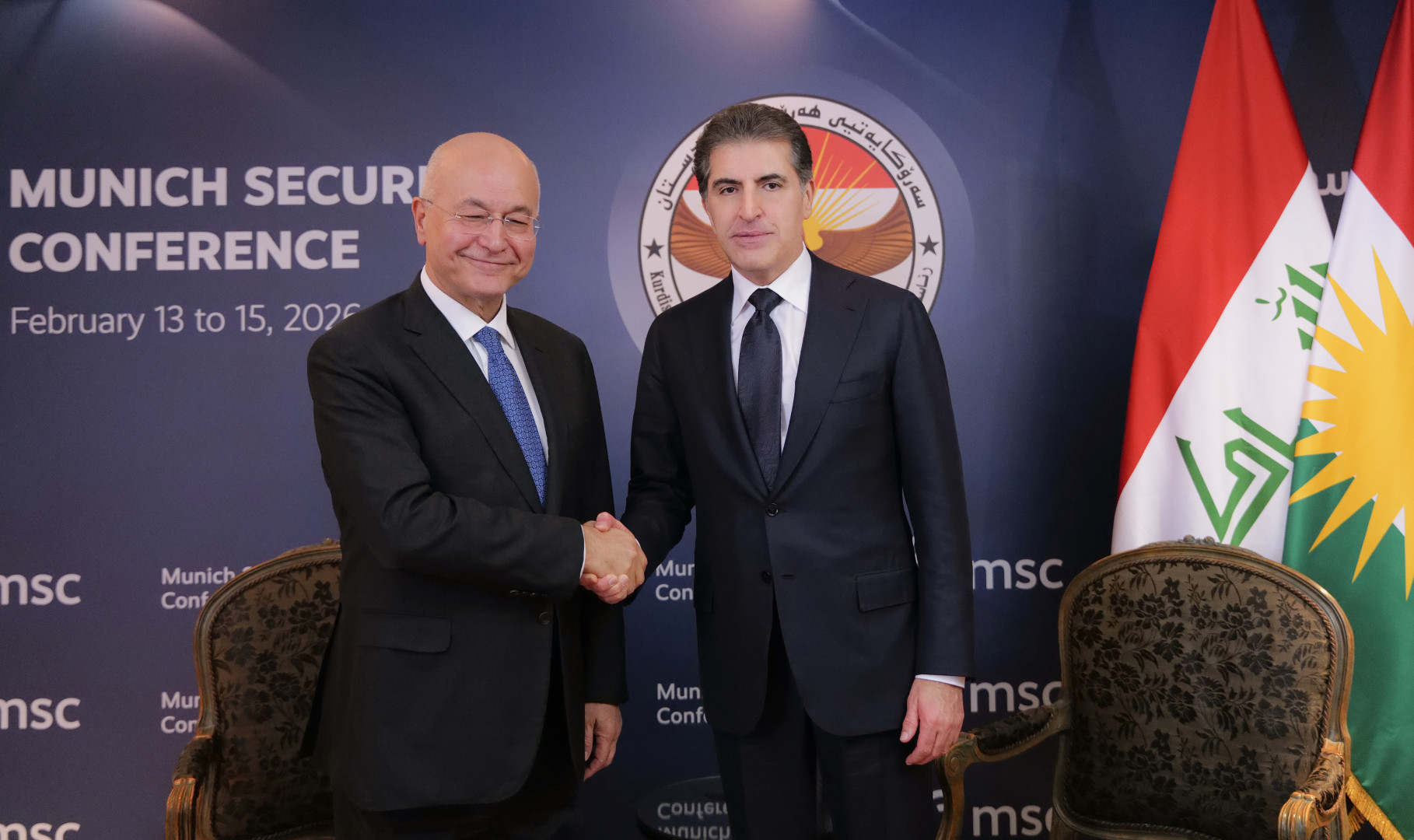

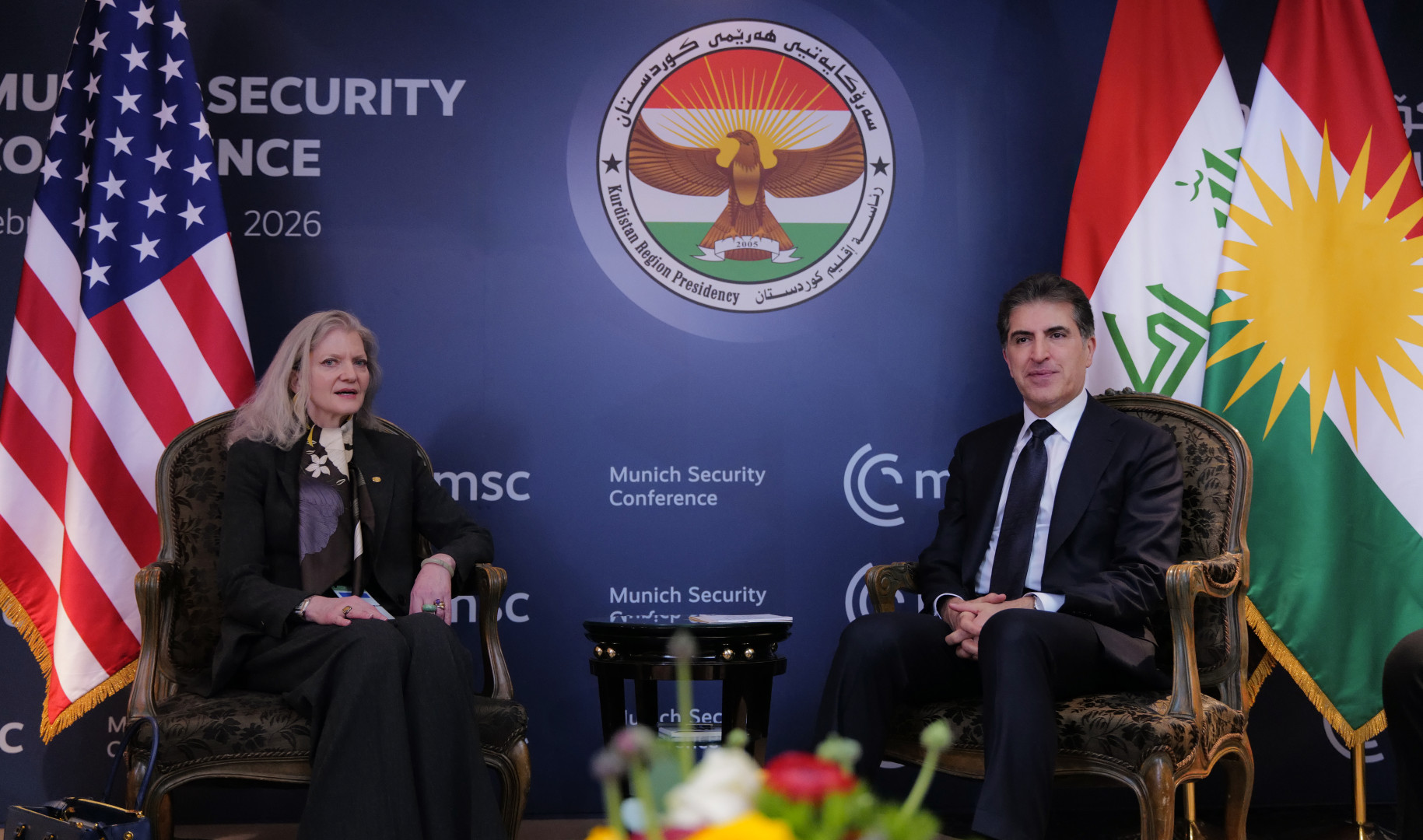



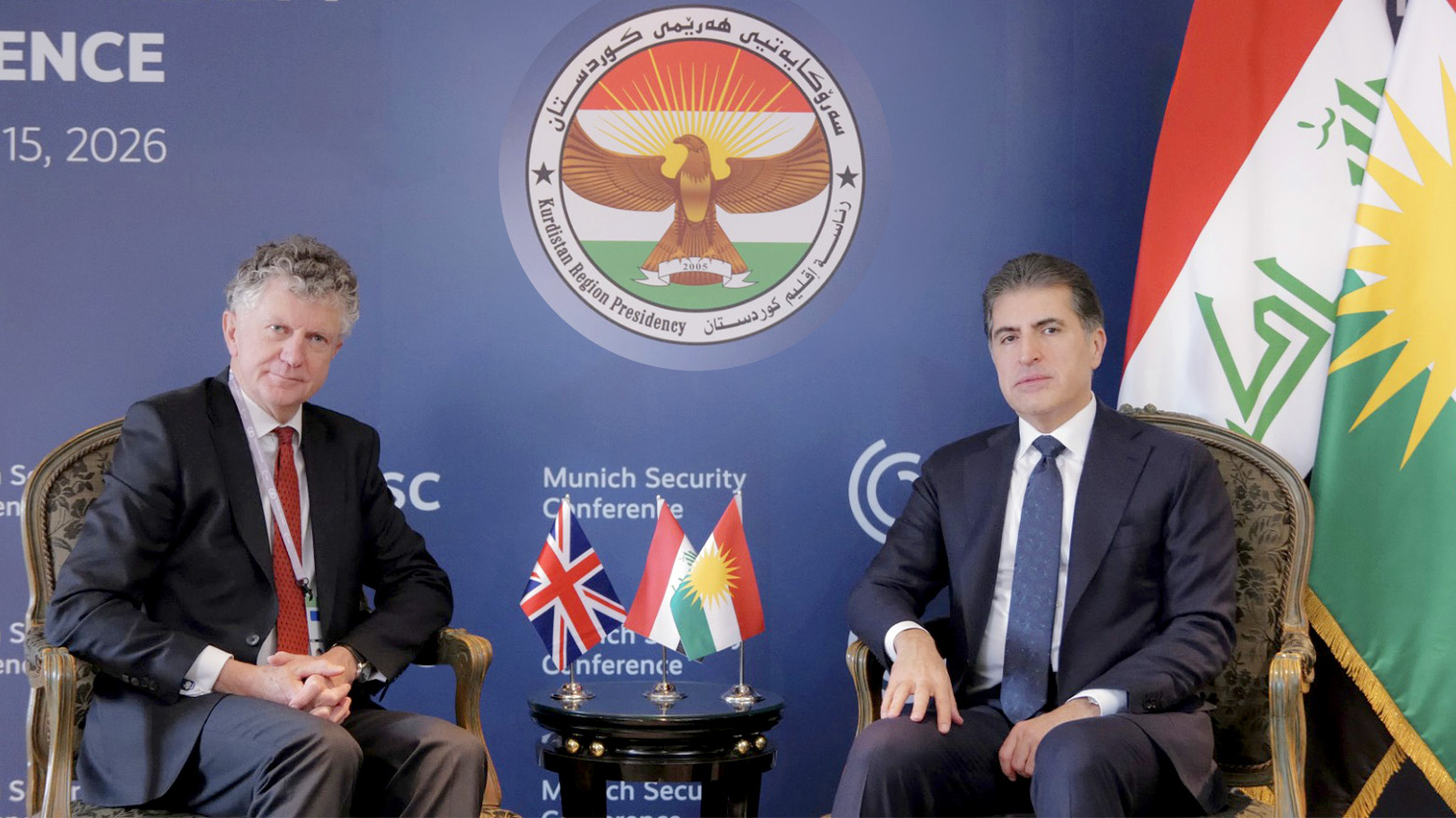


/file/attachments/orphans/AWS_Data_Center_Interior_4_838807.jpg)













